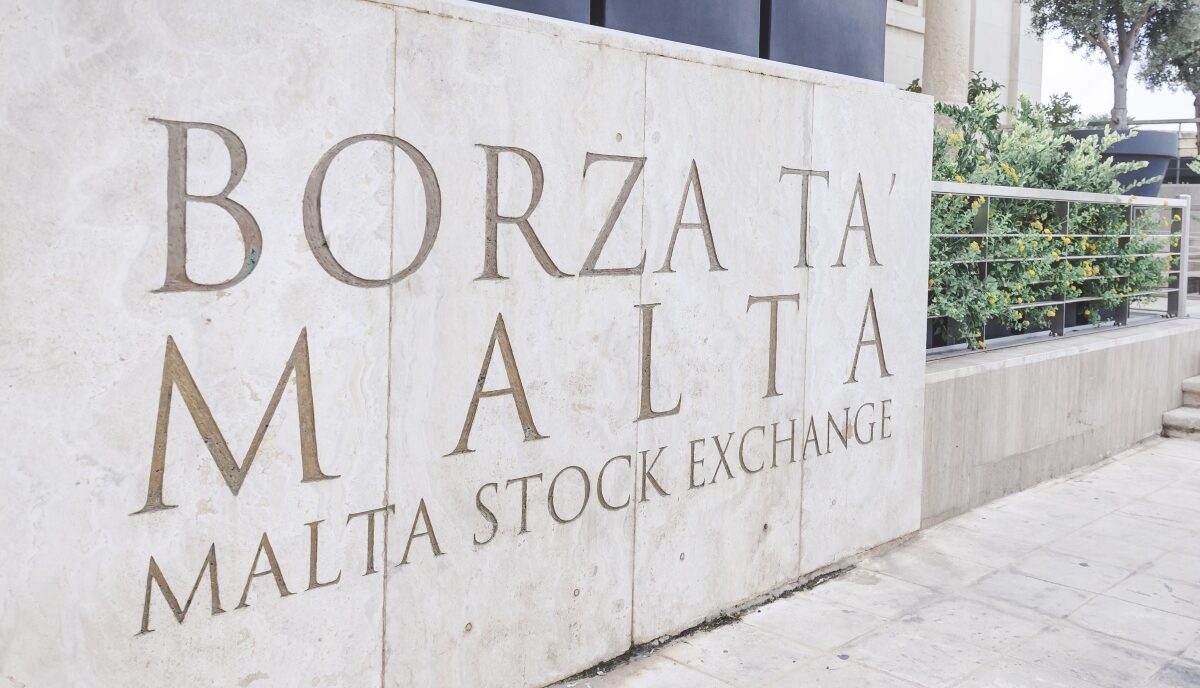Malta’s banks stand ready to support commercial projects through a wide array of off-the-shelf and bespoke financial products. The banking sector is mature, providing services comparable to those available in other leading financial centres, including advanced internet banking and the ability to open accounts in foreign currencies. Banks are also well-capitalised and highly solvent, while their strong customer deposit base has largely shielded the Maltese economy from the effects of increasing interest rates.
The Malta Financial Services Authority is responsible for bank licences, of which there are around 25, ranging from mid-sized local banks to branches of foreign institutions and specialised operations. Most have competitive fees while providing tailor-made banking solutions, including trade and project finance, custodian banking and specialist wealth management services.
Be warned, however, that opening an account may be a bigger hurdle than one may expect. Malta’s greylisting as a financial jurisdiction by the Financial Action Task Force was short-lived, but the tight controls introduced in response remain firmly in place. In practice, this means that individuals and businesses looking to open a bank account need to provide extensive documentation including, among others, identity documents and banking reference letters for each director and beneficial shareholder of a company.
The upshot is that the local financial system is more secure than ever, setting Malta on the road to regaining its reputation as a jurisdiction of excellent repute.
Since the main commercial banks have high liquidity, interest rates in Malta have remained stable and competitive.
The Malta Stock Exchange is also a popular avenue for companies looking to tap the local capital market, while a recent push to encourage venture capital and private equity activity has started to yield results. However, bank finance remains the most popular way of financing corporate projects.
Malta Stock Exchange
The Malta Stock Exchange, situated in Valletta, provides access to Malta’s capital market. Today, it is a fully-fledged platform for the admission and trading of financial instruments, namely bonds and equities, once these would have been granted admissibility to listing by the Malta Financial Services Authority or any other competent authority in recognised jurisdictions. The MSE operates a main market, a market specifically for institutional investors, and a multilateral trading facility, which provides a more cost-effective opportunity for startups and SMEs to raise up to €8 million in capital.

The MSE’s in-house Central Securities Depository (CSD) is linked with Clearstream Banking, offering a comprehensive range of services, including maintenance of registers, clearing and settlement, securities administration, as well as custody services. It is also worth mentioning that, as part of its Corporate Social Responsibility, the MSE runs an educational institute (the MSE Institute) aimed at increasing financial literacy among investors and market participants alike.
Over the past few years, the MSE witnessed a surge in primary market activity as more enterprises have turned to the Maltese investor community to finance their projects, including some companies whose major operations are outside Malta. They are attracted by the enthusiasm shown by local investors for securities, with most corporate bond issues being fully subscribed. Indeed, this is evident from the fact that, since 2019, companies have raised over €1.4 billion through 64 separate bond issues on the Malta Stock Exchange.













